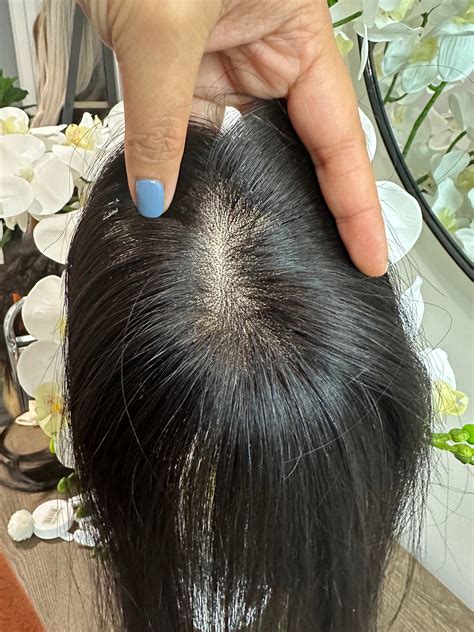Introduction
Hair loss, a common concern, particularly atop the head, affects individuals of all ages. Understanding its causes and available treatments can help address this issue effectively.

Types of Hair Loss on Top of Head
-
Androgenetic Alopecia: Also known as male-pattern baldness, it’s the most prevalent type, affecting both men and women. It’s caused by genetic factors and hormonal changes.
-
Telogen Effluvium: Temporary hair loss triggered by stress, illness, hormonal imbalances, or medications. It typically resolves within a few months.
-
Alopecia Areata: An autoimmune condition where the immune system attacks hair follicles, leading to localized bald patches.
-
Traction Alopecia: Hair loss resulting from excessive pulling or tension on hair, such as tight hairstyles or hair extensions.
Causes of Hair Loss on Top of Head
Genetic Factors:
– Androgenetic alopecia is strongly influenced by genes inherited from both parents.
Hormonal Changes:
– Androgens, such as testosterone, stimulate hair growth in men. However, they can also cause hair loss in both men and women.
– Estrogen, a female hormone, promotes hair growth. Declines in estrogen during menopause or childbirth can contribute to hair loss.
Lifestyle Factors:
– Stress can trigger telogen effluvium.
– Poor nutrition, smoking, and excessive alcohol consumption can contribute to hair loss.
Medical Conditions:
– Thyroid disorders, autoimmune diseases, and certain medications can cause hair loss.
Diagnosis of Hair Loss on Top of Head
A medical consultation is essential to diagnose hair loss accurately. The doctor will:
- Review medical history and family history of hair loss
- Perform a physical examination of the scalp
- May order blood tests to check for underlying medical conditions
Treatments for Hair Loss on Top of Head
Medications:
– Minoxidil (Rogaine): A topical medication that stimulates hair growth.
– Finasteride (Propecia): An oral medication that inhibits the conversion of testosterone to DHT, a hormone that causes hair loss.
Topical Treatments:
– Shampoos and conditioners formulated with growth-promoting ingredients
– Scalp treatments containing minoxidil or other active ingredients
Surgical Procedures:
– Hair transplant: Surgical transfer of hair follicles from areas of abundant growth to the bald area.
Natural Remedies:
– Caffeine shampoo: Caffeine stimulates hair follicles and promotes growth.
– Onion juice: Contains sulfur that may support hair growth.
– Aloe vera gel: Has soothing and anti-inflammatory properties.
Tips and Tricks
Promote Hair Growth:
– Use gentle hair care products and avoid harsh treatments.
– Massage the scalp to stimulate blood flow.
– Get sufficient protein and iron in your diet.
Prevent Further Loss:
– Manage stress levels with exercise, meditation, or yoga.
– Quit smoking and limit alcohol consumption.
– Protect hair from sun damage by wearing a hat.
Frequently Asked Questions (FAQs)
Q1. Can I prevent hair loss on top of my head completely?
A1. While not all hair loss can be prevented, managing underlying causes and practicing good hair care can reduce the risk.
Q2. Is hair loss reversible?
A2. It depends on the cause of hair loss. Some types, such as telogen effluvium, are temporary and resolve on their own. Other types, such as androgenetic alopecia, are progressive and require treatment to slow or stop hair loss.
Q3. Can hair loss indicate an underlying medical condition?
A3. Yes, certain types of hair loss, such as sudden or patchy hair loss, can be a symptom of an underlying medical condition that requires diagnosis and treatment.
Q4. What is the most effective treatment for hair loss on top of the head?
A4. The most effective treatment depends on the underlying cause and individual circumstances. A medical consultation with a qualified dermatologist or hair loss specialist is recommended.
Conclusion
Hair loss on top of the head can be a concerning issue. By understanding its causes, seeking accurate diagnosis, and exploring the available treatment options, individuals can effectively address hair loss and achieve desired hair growth results.
Sources
- American Academy of Dermatology: Hair Loss
- National Institutes of Health: Hair Loss
- Mayo Clinic: Hair Loss
